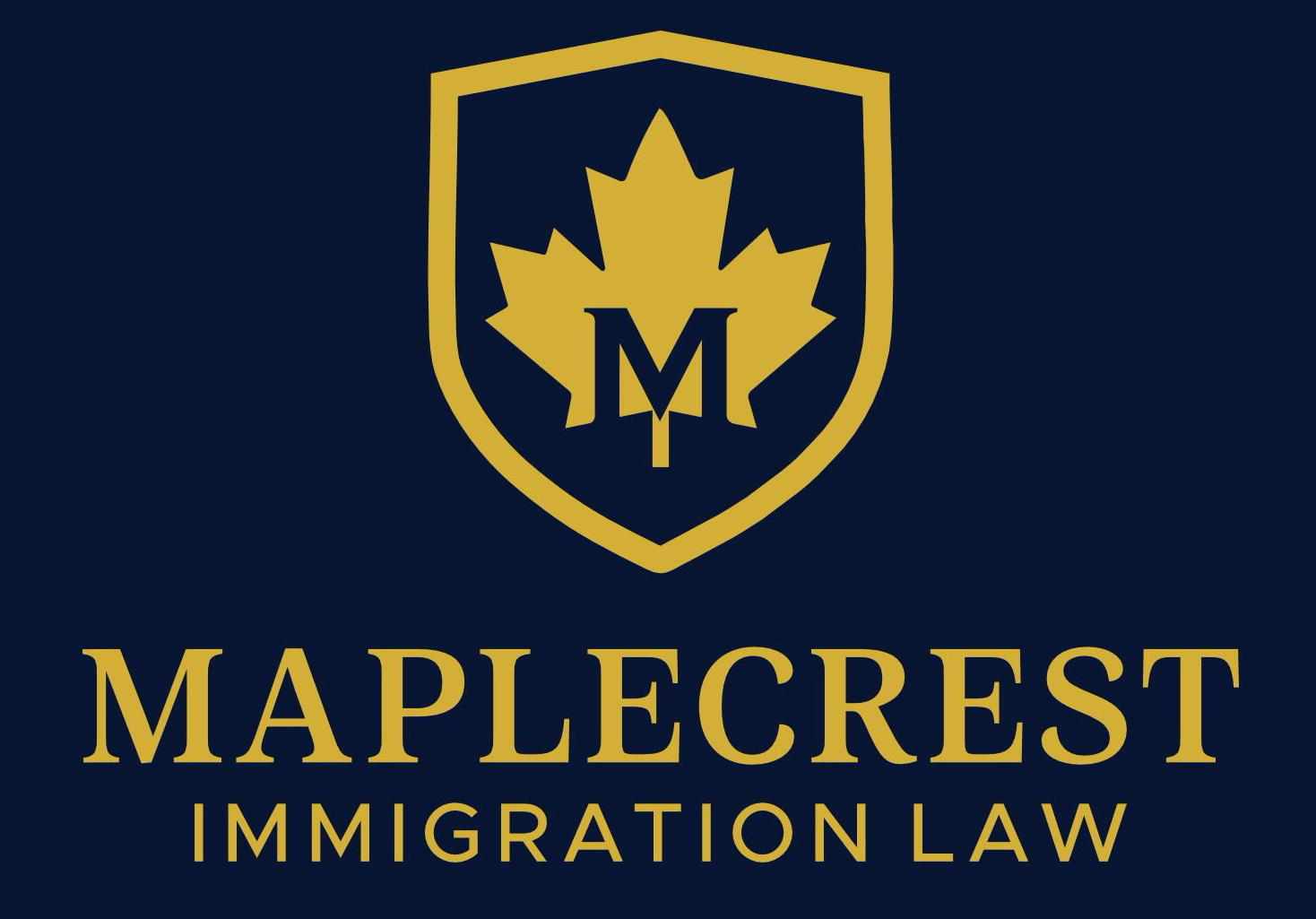Thousands of immigrant entrepreneurs who applied through Canada’s Start-up Visa program are now facing years-long delays for permanent residency. While they contribute to innovation, create jobs, and fulfill all eligibility requirements, they remain stuck in legal uncertainty.
This article provides a comprehensive update on the Canadian start-up visa, explains the reasons behind the backlog, and highlights the real-world consequences for immigrant-led businesses. If you’re a current applicant or planning to apply, read this carefully before making critical decisions about your immigration and business strategy.
What Is the Start-up Visa Program?
Canada’s Start-up Visa (SUV) program provides permanent residency to foreign entrepreneurs who secure support from a Canadian designated organization—such as a business incubator, venture capital fund, or angel investor group.
The goal is to attract founders with scalable, job-creating ventures. In return, Canada offers a path to permanent residency (PR) while founders build their businesses.
To qualify, applicants must:
-
Get a letter of support from a designated organization
-
Prove proficiency in English or French (CLB 5)
-
Have enough settlement funds
-
Actively manage the business from within Canada
Start-up Visa Delays: The Facts
The Start-up Visa was originally advertised as a fast-track to PR. But the current reality is far from that promise:
-
As of July 2025, IRCC reports over 42,000 applications in the system
-
16,370 of those have been pending for over two years
-
The official processing time is now 51 months — more than four years
-
IRCC has capped new approvals to just 2,000 PR spots for 2025
For comparison, when many applicants submitted their forms, the IRCC website estimated 18–21 months.
This shifting timeline has left founders like Steeson Mathew, CEO of Loop Parking, and the team at COOCO, an AI-driven food waste platform, in immigration limbo.
Why Start-up Visa Delays Are Devastating
The start-up visa delays go far beyond paperwork—they are stalling businesses and personal lives.
1. Investors Require Permanent Residency
Most venture capital firms will not release funding to temporary residents. Mathew has signed contracts with cities in Ontario, but banks won’t offer credit lines or term loans.
“I’m the largest shareholder in my company, and I still can’t get a line of credit,” said Mathew.
2. No Access to Grants or Hiring Programs
Many public innovation grants and accelerator programs require PR or citizenship. Applicants were disqualified from local hiring incentives and had to rely on remote talent.
3. Business Planning Disrupted
Start-up entrepreneurs often base their financial models and investor roadmaps on IRCC’s stated timelines. Delays force them to burn through runway without new capital.
“We planned around 18 months,” said Ryo Wu. “We’re now past that, and funds are running out.”
4. Personal Lives on Hold
Mathew hasn’t seen his family in six years due to travel risks. His wife waited three years for her visa. They’ve delayed having children and relocated to cheaper housing outside Toronto.
“We got married six years ago, and it still feels like we’re waiting for life to begin,” he said.
What Changed in the Start-up Visa Program?
The surge in demand created a serious backlog. IRCC responded with new policies aimed at controlling intake, but these changes have created new concerns:
June 2023: Open Work Permits Introduced
Applicants can now receive three-year open work permits while waiting. However, this status does not give access to banking, funding, or housing on equal terms with PR holders.
“It lets you stay, but it doesn’t let you grow,” said Mathew.
April 2024: Endorsement Caps Introduced
IRCC now limits each designated organization to 10 startup endorsements per year. The national cap is 2,000 PR admissions in 2025—a tiny fraction of pending applications.
Prioritization Rules Introduced
IRCC created fast-track processing for “high-impact” startups, but the criteria are unclear. Founders already in the system feel deprioritized.
Transparency Lacking in Start-up Visa Timelines
One of the most frustrating issues is the absence of clear, consistent updates. Entrepreneurs are told only that their file is “within the timeline,” even as that timeline stretches every few months.
A petition started by SUV applicants now has hundreds of signatures calling for:
-
Case escalation for high-contributing founders
-
Clear processing time updates
-
A fair prioritization process
Check current IRCC processing times here
How These Delays Harm Canada
While SUV applicants remain in limbo, Canada risks losing global tech talent to other countries with faster immigration systems.
Start-ups like Loop Parking have already processed 18 million real-world parking images across Ontario. COOCO has developed smart food tech and created internships.
Both companies are building toward impact—but are unable to scale fully without PR.
“We’re not asking for shortcuts. Just fairness,” Wu said.
“Canada gave us an opportunity. Now we need it to follow through,” added Mathew.
Policy Recommendations for IRCC
Based on hundreds of applicant experiences and market feedback, the following changes could restore faith in the SUV program:
-
Publish monthly queue data and estimated timeline tiers
-
Implement founder prioritization based on contracts, IP filings, or staff hires
-
Provide case tracking portals similar to express entry
-
Reintroduce realistic caps only after clearing the current backlog
Conclusion
Canada’s Start-up Visa program was created to attract global innovators, yet its current delays are undermining that promise. Founders who followed every rule, secured partnerships, and invested in Canadian communities now face indefinite wait times, limited access to funding, and personal hardship.
Without urgent reforms—transparency, fair processing, and case prioritization, Canada risks losing the very entrepreneurs it sought to welcome.
If you’re stuck in the backlog or unsure how to proceed, we can guide you through alternative pathways, escalate your case when possible, and help you protect your legal and business future.
Get Expert Help Now
If you’re currently navigating the start-up visa process or considering applying, don’t go through it alone.
Maple Crest Immigration Law Firm can help you:
-
Assess the strength of your SUV application
-
Explore backup PR pathways
-
Respond to IRCC delays or document requests
-
Protect your business and immigration timeline
Book a consultation with Maple Crest Immigration today — your future in Canada depends on expert legal support.




